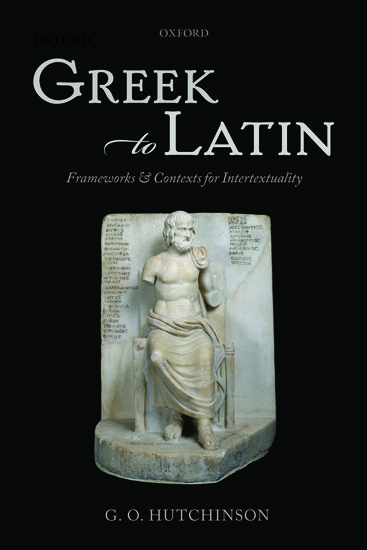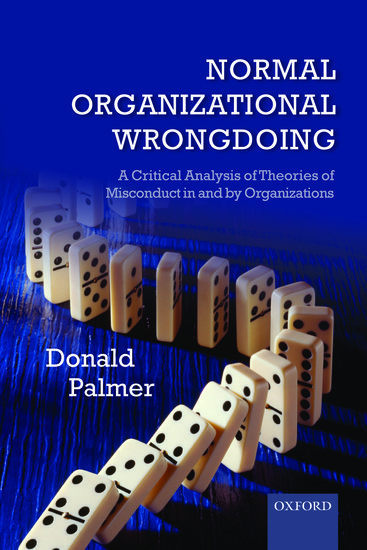Enlightened blogging? Gilbert White’s Natural History of Selborne
By Anne Secord
White’s classic text can be read as a shrewd exercise to encourage readers to follow a startlingly novel approach to studying the natural world. Most naturalists at that time based their natural systems and classifications of all living beings on the study of dead specimens in collections.









